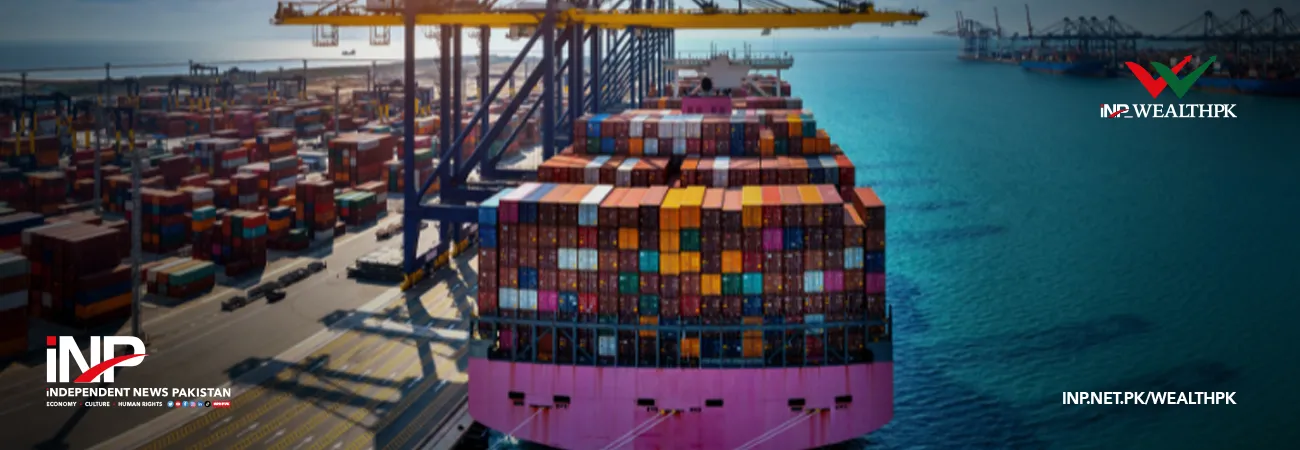آئی این پی ویلتھ پی کے
Amir Saeed
Gaps and inconsistencies in the revised tax slabs in the budget pose significant challenges to the sustained growth and international competitiveness of Pakistan’s IT export industry, said the Pakistan Software Houses Association (P@SHA) in a statement, reports WealthPK.

According to P@SHA, absence of a clear, long-term tax framework is undermining the confidence of IT exporters and investors. The association emphasized that the IT sector, which had shown a strong export growth in recent years, could lose momentum if the government did not address these policy shortcomings.
P@SHA specifically pointed out that lack of a ten-year tax holiday and absence of concrete measures to simplify foreign exchange regulations was discouraging both local and foreign investment. The association also raised concerns about disparity in tax treatment between the registered IT companies and freelancers, warning that this could push the skilled professionals to seek opportunities abroad or operate informally.
According to P@SHA, urgent reforms are needed to maintain the sector’s competitiveness and sustain its contribution to the national economy. The association called on the government to revisit budget and introduce targeted incentives to support IT exporters, warning that failure to do so could jeopardize the country’s ambitions of becoming a major player in the global digital economy.
Talking to WealthPK, Awais Ahmad, Director at Tech Solutions Pro, warned that the revised income tax slabs would disproportionately affect highly skilled IT professionals, with those in higher income brackets facing significantly increased tax burdens. This steep taxation is likely to accelerate the ongoing brain-drain, as talented individuals may shift towards freelancing or seek opportunities abroad to avoid heavy tax liabilities.
Ahmad highlighted that such a trend would weaken the local IT firms already struggling with increased operational costs and tax pressures. He stressed that the sector’s growth trajectory, which had been positive in recent years, could be severely disrupted if these fiscal measures were not reconsidered. He emphasized the urgent need for a balanced tax regime that supports talent retention and sustainable industry growth without overburdening skilled workers.
Credit: INP-WealthPk












